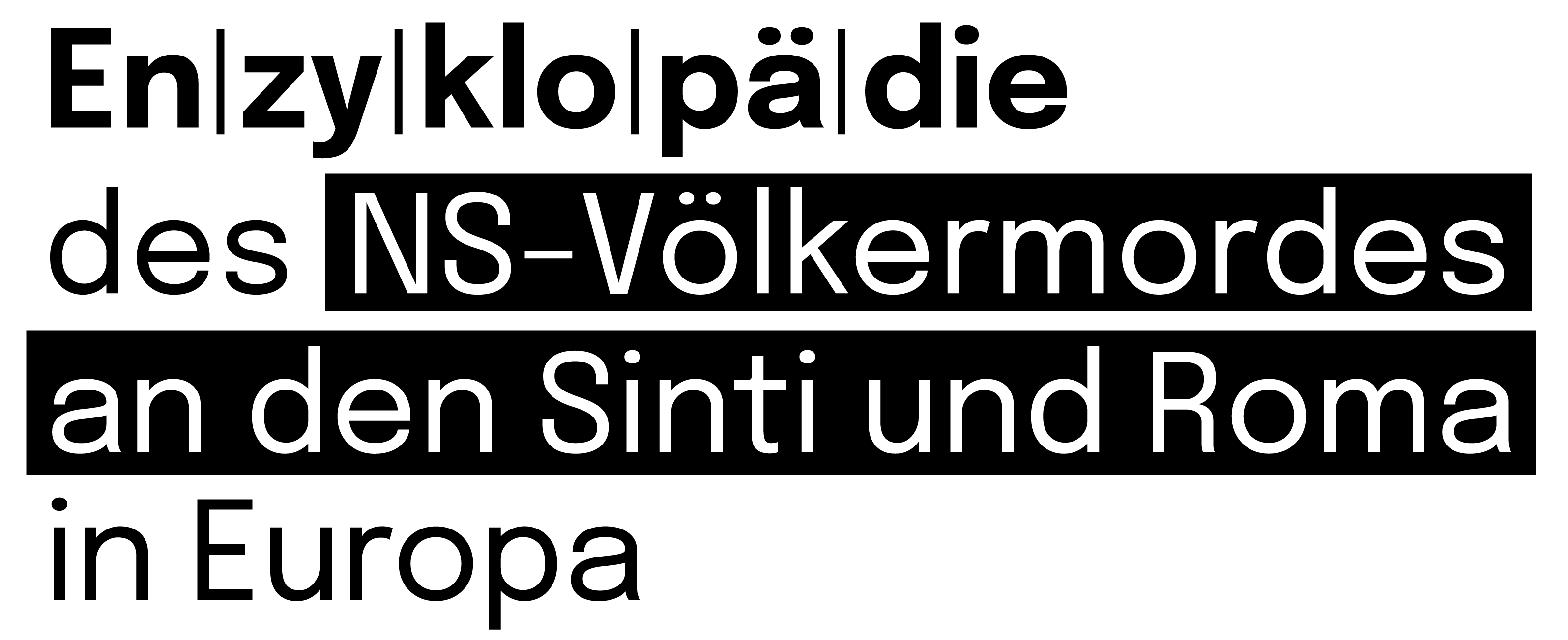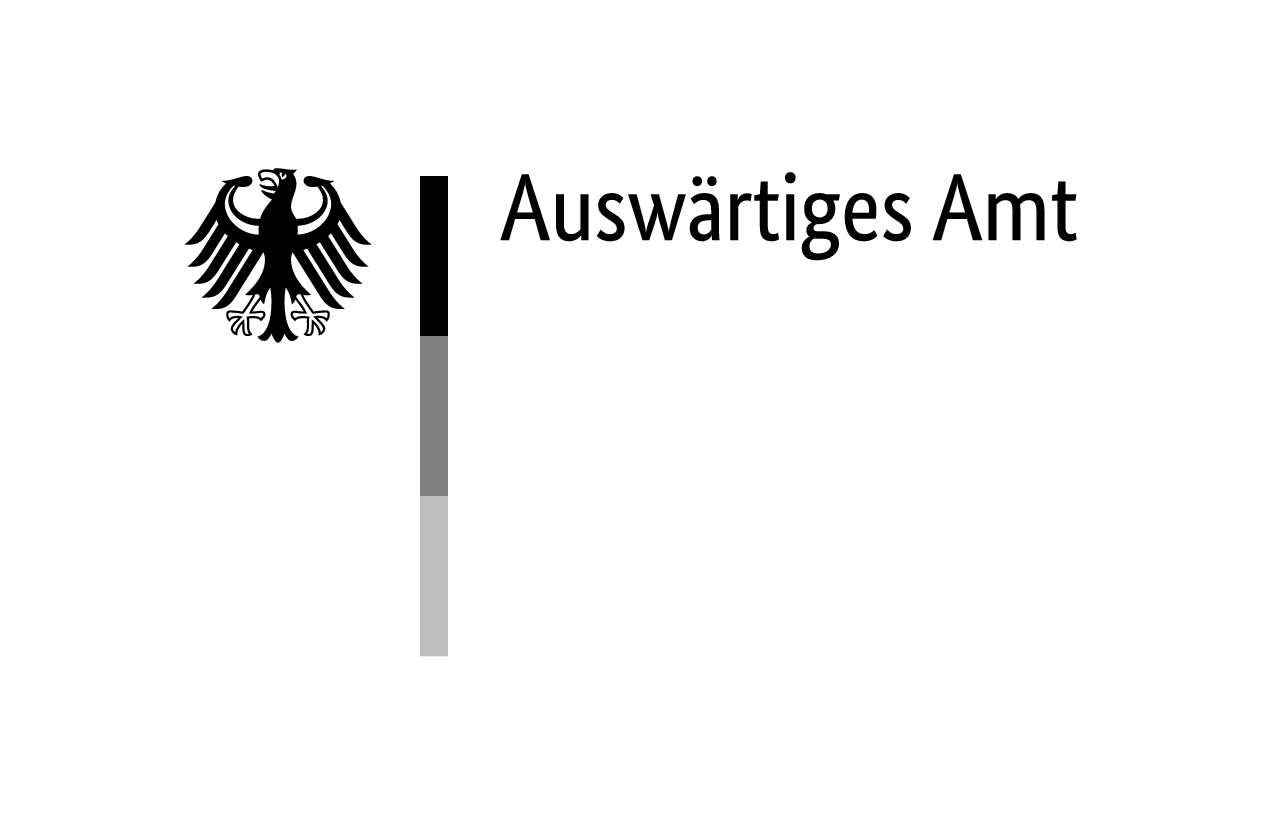Hajrija Imeri-Mihaljić (also spelled Imeri Mihaljić) was a Romni from the village of Ade [Albanian: Hade], near Obilić [Albanian: Obiliq], Kosovo. Although her story has become quite prominent in recent years, the dates of her birth and death remain unknown.
Saving a Jewish Child
She worked as a housekeeper for the Jewish Acević family in Kosovska Mitrovica [Albanian: Mitrovica]. When the Axis powers led by Nazi Germany occupied the Kingdom of Yugoslavia in April 1941, Blagoje Acević (biographical data unknown) and Bukica Acević (biographical data unknown) fled to the mountains and joined the partisans, leaving their one-year-old daughter Ester-Stela Acević (born 1940) behind with her grandmother Ester Baruch (unknown–1942).
When Hajrija Imeri-Mihaljić learned in March 1942 that the girl and her grandmother had been taken to an internment camp in Kosovska Mitrovica along with other Jews, she went with her five children to meet them in the camp. Ester Baruch asked her to take care of the girl and bring her back to her family if any of them survived. Hajrija Imeri-Mihaljić succeeded in getting Ester-Stela Acević out of the camp, took her to her home in Ade and raised her under the name Miradija together with her own children.
Reunion
After the war, Hajrija Imeri-Mihaljić learnt that Ester-Stela Acević’s parents had been killed as partisans and that her grandmother had died in the Sajmište concentration camp. She told the girl who her parents were and what her real name was.
During a legal dispute over a plot of land, Hajrija Imeri-Mihaljić was accused by a neighbour of hiding a Jewish girl, and admitted this to the police. After a few days, representatives of the Priština [Albanian: Prishtina] Jewish community took Ester-Stela Acević away. They thanked Hajrija Imeri-Mihaljić for rescuing her. The girl was first placed with a Jewish family in Priština and then in a Jewish orphanage in Belgrade.
Ester-Stela Acević spoke only Romanes and suffered terribly from being separated from the person she considered her mother. When a member of the orphanage staff who spoke a little Romanes asked the child about her name, Ester-Stela Acević told her story. Incredibly, it transpired that the nanny was her natural mother Bukica Acević, who had survived the war.
Hajrija Imeri-Mihaljić went to the orphanage once to see how the child was, but after learning that Ester-Stela Acević had been reunited with her birth mother, she returned to Kosovo.
Righteous Among the Nations
In 1948, Ester-Stela Acević and her mother emigrated to Israel, where Ester-Stela Acević later married, taking her husband’s surname, Levy. In 1988, she testified at Yad Vashem about the act of Hajrija Imeri-Mihaljić. Yad Vashem honoured the Kosovan Romni as ‘Righteous Among the Nations’ on 21 August 1991. This is the highest honour Israel gives to non-Jews who have saved one or more Jews at the risk of their own lives.
In 2016, a documentary film entitled ‘The Righteous Gypsy’ was made about her, directed by Jakov Sedlar (born 1952) and Dominik Sedlar (born 1979). It premiered in Zagreb on International Holocaust Remembrance Day (27 January) 2017. A special guest at the premiere was the rescued Ester Levy, who took part in the filming herself and lives in Israel. The organisers were the Association of Roma in the Republic of Croatia ‘Kali Sara’ and the Rom Veljko Kajtazi (born 1960), a member of the Croatian Parliament.
In 2023, the monumental sculpture ‘Righteous Among the Nations’ was erected in memory of Hajrija Imeri-Mihaljić in the garden of the Roma Memorial Centre in Uštica (Croatia), which is located close to the Jasenovac Memorial Site. The monument is the work of the sculptor Marin Marinić (born 1967).




